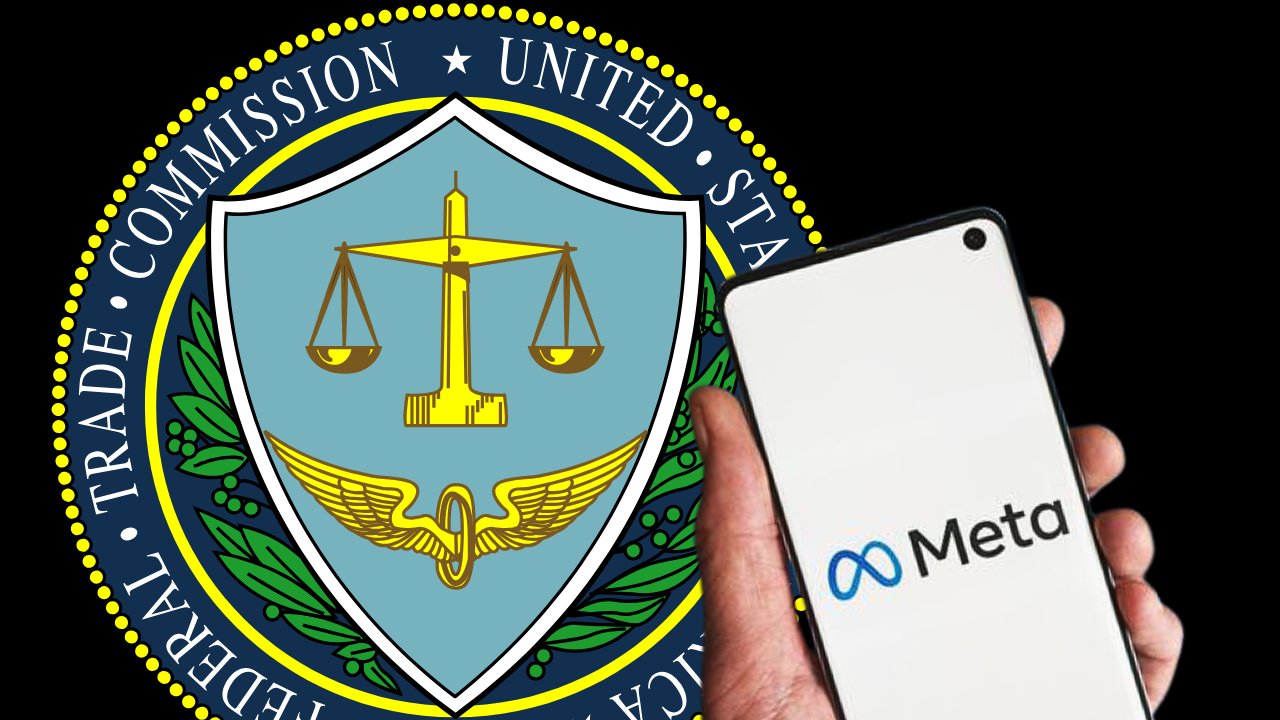As the Consumer Choice Center has been keen to point out in several articles and campaigns, additional taxes and levies on sugary drinks end up being regressive and hurting the very people they aim to help: minorities and the poor.
Now, minority leaders in Philadelphia, seeing the toll the taxes have had in their communities, are calling on the city to repeal them.
As reported in the Philadelphia Inquirer, black clergy leaders say the taxes are disproportionately hurting African Americans and the poor in the city.
“I don’t see how the tax, as it is constructed, can really effectively do what it is intending to do. We think it needs to be repealed and reconceptualized,” said the Rev. Jay Broadnax, president of the Black Clergy of Philadelphia and Vicinity.
Last year, Cook County, which includes Chicago, got rid of its unpopular 1-cent-an-ounce soda tax that its commissioners passed in November 2016 affecting 5.2 million residents.
The Philadelphia pastor said the 1.5-cent-an-ounce levy on sugary beverages, including diet soda, was having unintended consequences by saddling people of color, the poor and senior citizens with higher grocery bills, while dips in soda sales were hurting small neighborhood business owners.
“The way that it has worked out is that it seems to be hurting more than it’s helping,” Broadnax said.
When Philadelphia passed its soda tax in 2016, it was the largest U.S. city to implement such a fee. After the tax was implemented, shoppers chose to cross the city limits to purchase their sugary drinks, something we have also seen in places like Seattle and Chicago.
Former New York Mayor Michael Bloomberg, the architect of soda tax campaigns across the country, spent over $1.6 million in Philadelphia alone to help pass the tax. During that year, he also dropped $18 million in Oakland and San Francisco.
As I pointed out in my Washington Examiner article last year, Bloomberg is no doubt driven to do good. But whether soda taxes are the tool to help reduce obesity remains to be seen.
Though Bloomberg’s project represents a noble goal – reducing childhood and adult obesity – its actual impact is to make already low-income people poorer, and hasn’t yet produced any clear results on obesity.
In the case of Mexico, the largest jurisdiction which passed a tax on sugar-sweetened sodas in 2014, it’s quite clear that sales of sodas dropped as a result of the tax.
However, as Mexican researchers learned once they broke down the figures, low-income households paid a higher proportion of the soda taxes overall.
This likely means that soda taxes deterred higher-income individuals from buying and consuming soda, but not lower-income individuals: those who the government was originally trying to help. What’s more, it seems those who stopped purchasing sodas switched to alternatives with just as many calories, such as fruit juices or energy drinks.
That would mean the tax was at best a source of revenue for the national government, and at worst, a fierce killer of local shops and commerce.
An economic survey of the effect of the tax found that more than 30,000 Mexican stores which sold sodas were forced to close in the first half of 2016.
In Washington State, campaigners were successful in passing a ban on local grocery taxes. In large measure, this ban will ensure localities cannot pass their own taxes on ordinary goods Americans purchase at the store: meats, beverages, produce, dairy, grains, and more.
As such, Washington residents should be both proud and relieved. They won’t be seeing their grocery bills climbing any time soon, and that’s because they voted with their wallets on Election Day.
Whether policymakers at the city level will see the harmful effects of passing such taxes, however, remains to be seen. If they listen to the leaders in Philadelphia and other jurisdictions, they will think twice.




